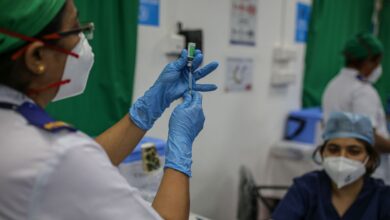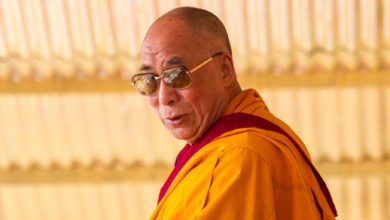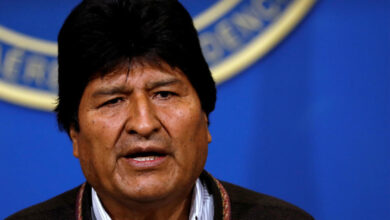World
Egypt President Abdel Fattah El-Sisi Raises Minimum Wage

Egypt’s President Abdel Fattah El-Sisi on Saturday raised the country’s minimum wage from 1,200 pounds to 2,000 Egyptian pounds ($116) a month. The announcement comes ahead of a possible national referendum on constitutional amendments that would potentially allow Sisi to remain in power until 2034.
While addressing an event on Saturday, Sisi said the raise would apply to all Egyptian workers. He added that pensions would rise by 15 percent, with pensioners receiving a minimum increase of 150 pounds to take the minimum pension to 900 pounds, reported Africa News.
“This was supposed to come out on June 30,” the president said adding, “But I said this matter cannot wait.”
As per the new minimum wage, state employees will receive a raise of 7 percent, or a minimum of 75 pounds, while those not employed in the civil service will receive a 10 percent raise.
Sisi said all state employees will also get a bonus of 150 pounds to help compensate for inflation. He went on to urging Egyptians to alter their spending behavior to help combat rising prices.
“You want to control prices, don’t buy things that get more expensive,” the Egyptian President said. “The matter is simple. By God, by God, by God, anyone selling and buying wants to profit and be successful – if they find that their prices are exaggerated and people don’t go buy their commodities, prices will fall.”
The measures have been announced as part of an economic reform program that is aimed at reviving the country’s economy mauled by years of political turmoil and violence. The reforms included floating the currency, introducing a wide range of new taxes, and substantial cuts in state subsidies.
The government has already imposed a series of economic measures like devaluing the pound, slashing energy subsidies and introducing a value-added tax. Remaining fuel subsidies are expected to be removed later this year.






